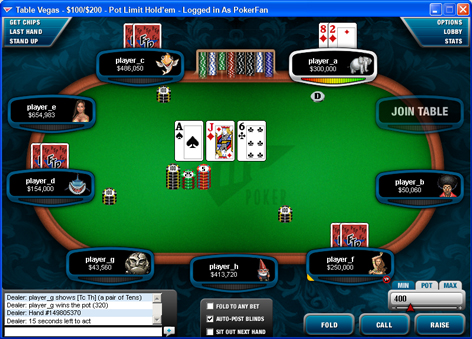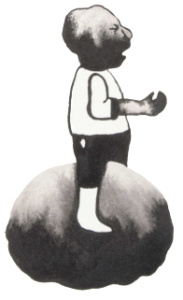 The Dutch government has proposed new regulation for online gambling in The Netherlands. The Minister of Justice took his time and after more than two years of consideration finally submitted his proposal for public consultation. As indicated, the online gambling market will be regulated through permits. Stakeholders will be pleased that the government is finally trying to open up the Dutch market, although this new ‘liberal’ regime comes at a price and bares consequences for other parties that are not directly involved.
The Dutch government has proposed new regulation for online gambling in The Netherlands. The Minister of Justice took his time and after more than two years of consideration finally submitted his proposal for public consultation. As indicated, the online gambling market will be regulated through permits. Stakeholders will be pleased that the government is finally trying to open up the Dutch market, although this new ‘liberal’ regime comes at a price and bares consequences for other parties that are not directly involved.
Details of the proposal
First and foremost, the bill introduces the option to grant an unlimited amount of five year permits for offering online games of chance. The government will in a later decree limit the sort of games for which a permit can be applied. The draft explanatory note mentions poker, casino games and sports betting. The service provider will have to be seated in the European Economic Area, whilst complying with several financial and technical requirements. The permit imposes further obligations related to gambling addiction, consumer protection, fraud and prudence. To give an indication, here are some of the measures that the government envisions:
- Player profiles with preset limitations;
- Observation of player behavior;
- Voluntary and involuntary exclusion of players, possibly through a central register;
- Referrals to addiction care and financial support thereof;
- A compulsory Dutch domain (.nl);
- Prevention of participation by minors;
- Identification and verification of players and their accounts;
- Ban on inter-player transactions;
- Registration of transactions in a control database, accessible for authorities.
The proposal also includes a new online gambling tax regime of 20%. This is lower than the current 29% generally applied. The reason for this change is the fear that players might still try to avoid regulated providers if the tax is too high in comparison to providers who operate without a permit.
Flipside: a new intermediary enforcement regime
The flipside of legalizing and regulating online gambling comes in the form of serious restrictions on unpermitted activities. The problem is that most of these activities are based abroad, but can be easily accessed over the internet. As a solution to his problem, the government expects payment and internet service providers to block any unlawful activities, making these intermediaries the gatekeepers of the new policy. For payment providers this will most likely not come as a big surprise. The association of Dutch banks in recent years has had many discussions with the authorities, which eventually lead to a black list.
For internet service providers this new responsibility might be quite a shock. It would be the first time that the government gets an explicit authority to request the blockade of certain websites. This opens up a whole range of principle legal questions. In the explanatory note this problem is touched upon briefly. The Minister is of the opinion that the regulation of gambling outweighs the commercial interests of online gambling providers and that the measure is proportionate because it only includes a notice-and-takedown procedure. This could be sound reasoning, except that the proposal is aimed at access providers, meaning that a traditional notice-and-takedown does not work. Normally, a takedown can only be effectively aimed at a hosting provider (article 14 e-Commerce Directive). If an access providers is asked to ‘take something down’, then it will have to permanently filter every internet connection, meaning that the content is technically still ‘up’ on the internet and accessible through all sorts of circumvention techniques. Requesting a ‘takedown’ from an access provider is therefore something different, i.e. a ‘filter’. Such a filtering obligation is currently still under discussion in Dutch The Pirate Bay proceedings and subject of a preliminary question forwarded to the Court of Justice of the EU. Interestingly, two German courts nullified a government order to filter a gambling website. There is already some commotion on this topic and we expect there to be further debates.
Consultation
The bill, which is actually an amendment of the ’64 Games of chance Act, is currently open for public consultation. Opinions can be submitted until 21 July 2013. After that, the Minister will propose the final version to the parliament, where it will have to pass both chambers. The government plans on granting the first permits in 2015.

